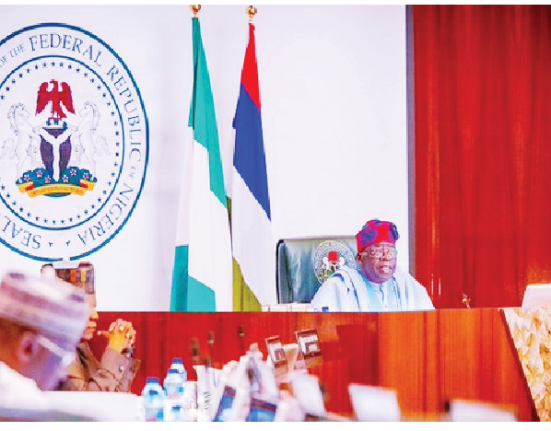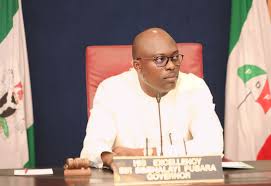Isale Eko, a vibrant and historically rich area in Lagos Island, has produced many musical talents, one of the most notable being Ahmed Ololade, better known as Asake. Raised in this cultural hub, Asake rose from humble beginnings to become an internationally recognized Afrobeat star, even earning a Grammy nomination.
At 30, Asake was born in Iga Idunganran, a street in Isale Eko known for its dense, multi-storey “face-me-I-face-you” tenement houses. In September of the previous year, Asake released a documentary offering his fans an inside look at his rise from the streets of Lagos Island to global stardom, showcasing both the struggles and victories that defined his journey.
However, on Friday, a viral video stirred up controversy when Fatai Odunsi, a man claiming to be Asake’s father, revealed troubling details about their relationship. In the video, Odunsi stated that he had not seen his son since 2022 due to his deteriorating health and alleged that Asake had not provided any financial support, despite his success.
To investigate these claims, a reporter visited Isale Eko, Asake’s childhood neighborhood, where family members, friends, and longtime residents shared their memories of the artist’s early years. From the Iga Oba bus stop, the reporter navigated the area’s narrow streets, asking locals for directions to Asake’s former family home. A young man directed the reporter to Ori Omo Road, where Asake’s childhood house stood beside a now-converted shop building.
An elderly woman named Mrs. Farida, who knew Asake’s family, recalled that Asake was a quiet child with few friends, while his father, known as Malo in the area, was a well-liked entertainer. She mentioned that despite Malo’s strict upbringing, Asake was raised well, though she found it surprising that Malo and his son had become estranged in recent years.
A local resident shared that Asake’s childhood home, a brown-painted two-storey building, was the place where he grew up. She noted that Asake’s parents separated when he was around four years old, and that despite his success, he had distanced himself from the people in the neighborhood. “The last time he visited was in 2020,” the resident said, adding that Asake now acts as if he doesn’t belong to his roots.
Another family member, Alabi, expressed disappointment over the estrangement, noting that even though Asake’s father had faced health struggles, there was no excuse for abandoning him. “If his father made mistakes, Asake should forgive him. No family is perfect,” he said.
Sulaimon Alade, a man who claimed to be Asake’s former teacher, shared that Asake was well cared for by his father during his childhood. He described how Malo took responsibility for Asake, dropping him off at school and ensuring he was taken care of when at his mother’s house. Alade expressed confusion over why Asake had apparently neglected his father.
Adetola Oso, a colleague of Odunsi, also attested to Malo’s dedication to raising Asake, stating that he never lacked for anything growing up. Despite their differing roles in the local government, she said, their relationship remained friendly until her retirement in 2022.
In the viral video, Odunsi could be heard lamenting, “Since I had a stroke, I haven’t seen him. The last time I saw him was in March 2022. He doesn’t pick up my calls. Please, I only need your help.” In response, Asake addressed the controversy in a video of his own, singing in Yoruba about staying true to himself despite external pressures. His lyrics conveyed that he had always supported his father and would not be swayed by others’ attempts to manipulate him.
When the reporter visited Odunsi’s home on Adeniji Adele Street in Lagos Island, Asake’s stepmother informed them that Odunsi was out and unavailable for comment. Attempts to reach him for a statement were unsuccessful. However, a viral video posted by X user Olamide (@Olamideofficial) showed Odunsi celebrating the gift of a new Lexus car, which reportedly had to be sold later due to maintenance issues. A family friend, speaking anonymously, revealed that Odunsi was struggling financially, with unpaid rent and ongoing health issues, and that Asake had not responded to his calls for help.
A WhatsApp message believed to be from Odunsi to Asake’s mother, Mrs. Fali, read: “Help me talk to Hammed. I won’t be able to pay my house rent. Please, help me speak to him.” Another message read, “I want to pay for therapy and hospital bills. I don’t have money. Please, almighty Allah will answer your prayer.”
This complex situation has raised questions about Asake’s relationship with his father, his past, and whether his rise to fame has distanced him from his roots and family responsibilities.







